Starvation and Colonialism
Synopsis
The study of Colonialism remains a fascinating arena of historical scholarship not only because it has its bearings on the present day society that necessitates its reinterpretation but also the fact that there are certain areas which have not been covered at the regional level. Famine is one such phenomenon though studied at the all-India level, yet its nature and manifestation at the local level demands further analysis. In that sense this inquiry fills the gap and thus is a pioneering contribution to the regional economic history. Mainly based on the primary sources both official and non-official collected from various libraries and archives in India the author deals with the causes of famines alongwith their histories, effects, the official relief, the voluntary relief, the motives and short and long-term policy measures undertaken by the Imperial power. With sharp insights and critical analysis Dr. Sing blasts the myth that famines in the Punjab were the result of droughts or shortage of foodgrains. Instead he establishes that these were the product of Colonial control mechanism that was inherently exploitative in character. The local traders and shahukars were collaborators of exploitation. In fact, the changed economic structure not only made these calamities unavoidable disasters but also provided the basis for the emergence of new social groups. This in turn defined the conflicting social relations on the one hand and the popular response towards the state, on the other. But the Imperial power was conscious of this unrest and hence the relief policies. However, these generated manifold tensions not only among different religious communities but also between the commercial and agricultural classes. The voluntary relief also sharpened communal and caste divide. But still the state measures could consolidate its myth of maa bap. In short, Dr. Navtej Singh’s analysis provides much more to understand the working of Colonialism in the province of Punjab and also that how it brought a total transformation in social and economic spheres that ultimately helps in comprehending the regional politics which makes it clear that the seeds of ‘partition’ had already been sown with the annexation. In this way, the study constitutes an important addition to the literature on Colonial India and Punjab and would interest the readers not only from the discipline of History but of Economics, Geography and Sociology.
Read more
14.40
12.96
$
16.00 $
Free delivery Wolrdwidе in 10-18 days
Ships in 1-2 days from New Delhi
Membership for 1 Year $35.00
Get it now and save 10%
Get it now and save 10%
BECOME A MEMBER


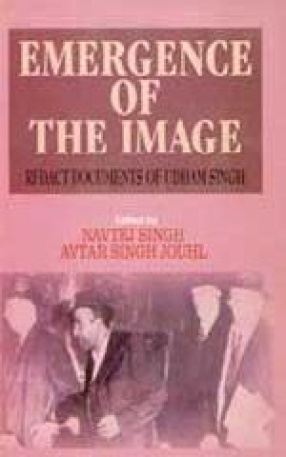
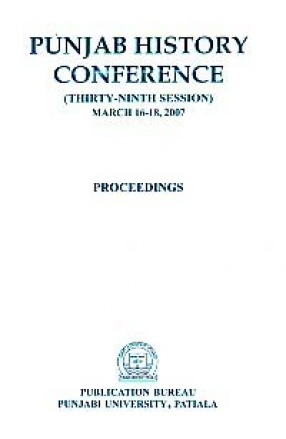
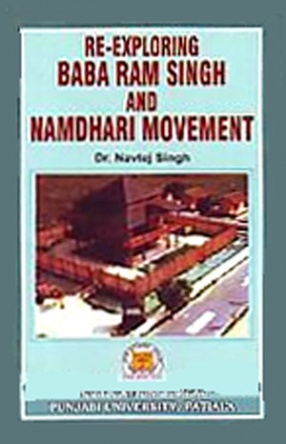
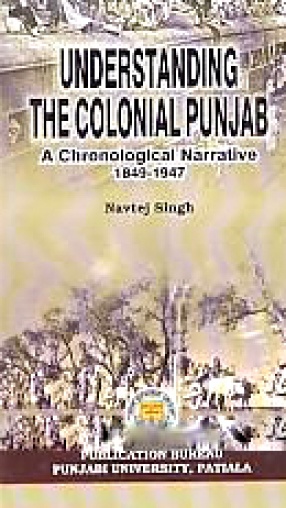
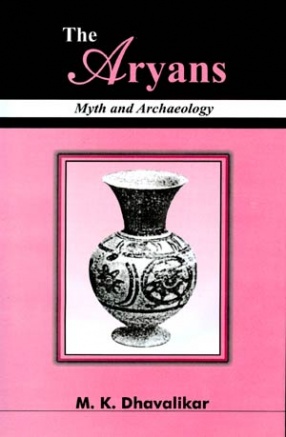

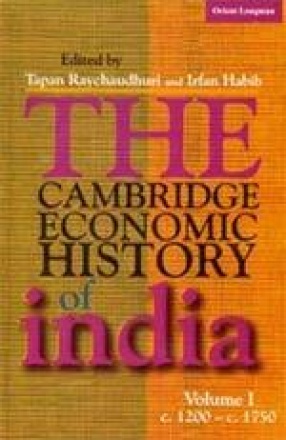

Bibliographic information